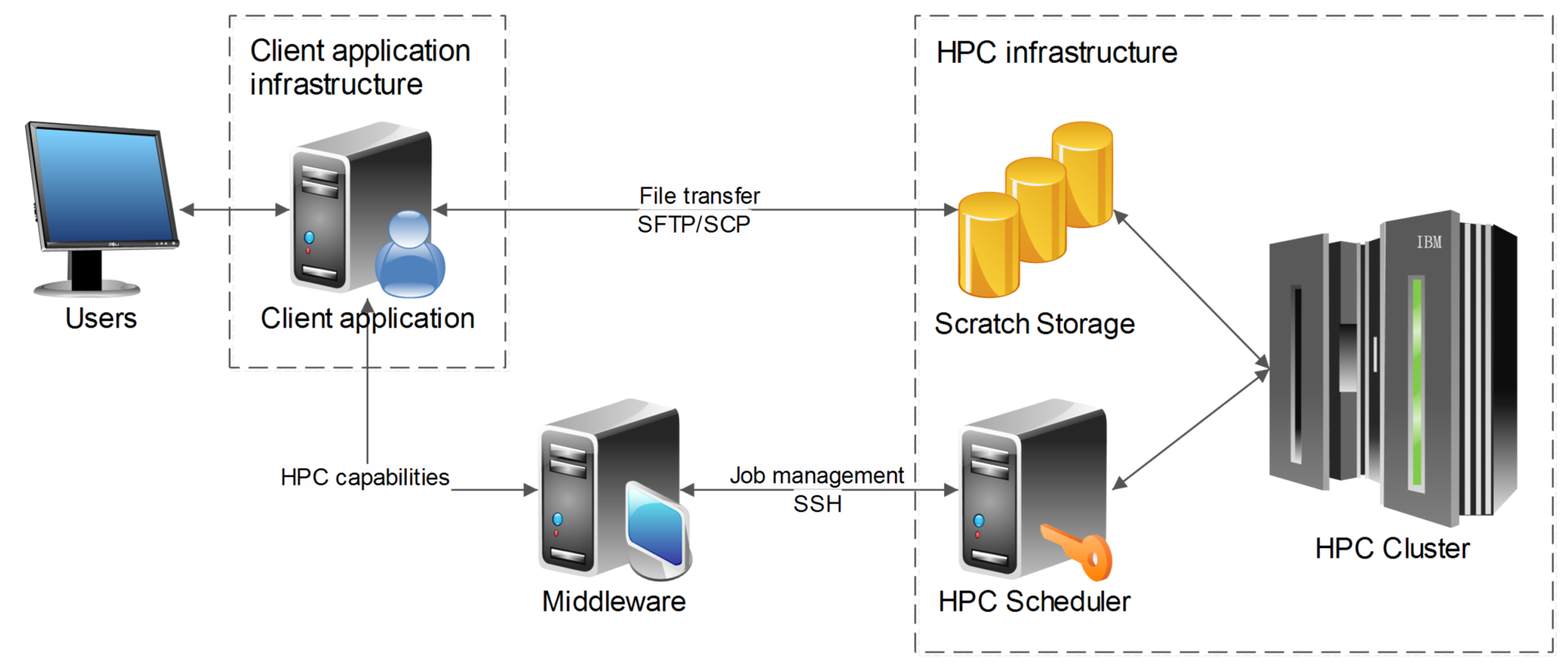Partner: Institut Politecnico di Milano
Field: Remote Computing, Healthcare
 High-performance computers are crucial for demanding calculations. IT4Innovations National Supercomputing Centre together with the National Centre of Competence in HPC started cooperating with the Italian university Politecnico di Milano in 2020, aiding research connected with the most discussed disease of the time: COVID-19.
High-performance computers are crucial for demanding calculations. IT4Innovations National Supercomputing Centre together with the National Centre of Competence in HPC started cooperating with the Italian university Politecnico di Milano in 2020, aiding research connected with the most discussed disease of the time: COVID-19.
Thanks to the cooperation with Politecnico di Milano, a client environment application based on Jupyter Notebook was developed that is able to create and manage executions on HPC infrastructure through HEAppE Middleware.
Jupyter Notebook’s cells contain pre-prepared calls to HEAppE REST API endpoints for scientists/researchers. Scientists/researchers only specify input data and fill in the user-defined parameters needed for creating and executing calculations on HPC infrastructure.
The scientists/researchers’ client environment uses containerized Jupyter technology with different notebooks (in C# or Python languages) that offer scientists/researchers the possibility to choose which client language is better for their research activity. The developed containerized client application gives the scientists/researchers the opportunity to utilize HPC infrastructure in an easy-to-use way on their local computers without the need to install other software.

Gianluca Palermo, Professor at Politecnico di Milano
“Within the project Exscalate4COV, we virtually screened more than 70 billion molecules as possible drugs against Sars-CoV-2. This is where supercomputers make all the difference, facilitating the rapid selection of only the most promising molecules for subsequent phases of the drug discovery pipeline. We are convinced that the positive experience we had in the ANTAREX project and currently in LIGATE with IT4Innovations can help us further accelerate the computational process for facing future pandemics. During the collaboration, we used HEAppE to evaluate a recommender-system approach for in-silico virtual screening in the context of drug discovery. HEAppE helped one of my students to mix their classical Jupiter Notebook-based data-science environment with remote executions of heavy workloads on IT4I supercomputers.”

